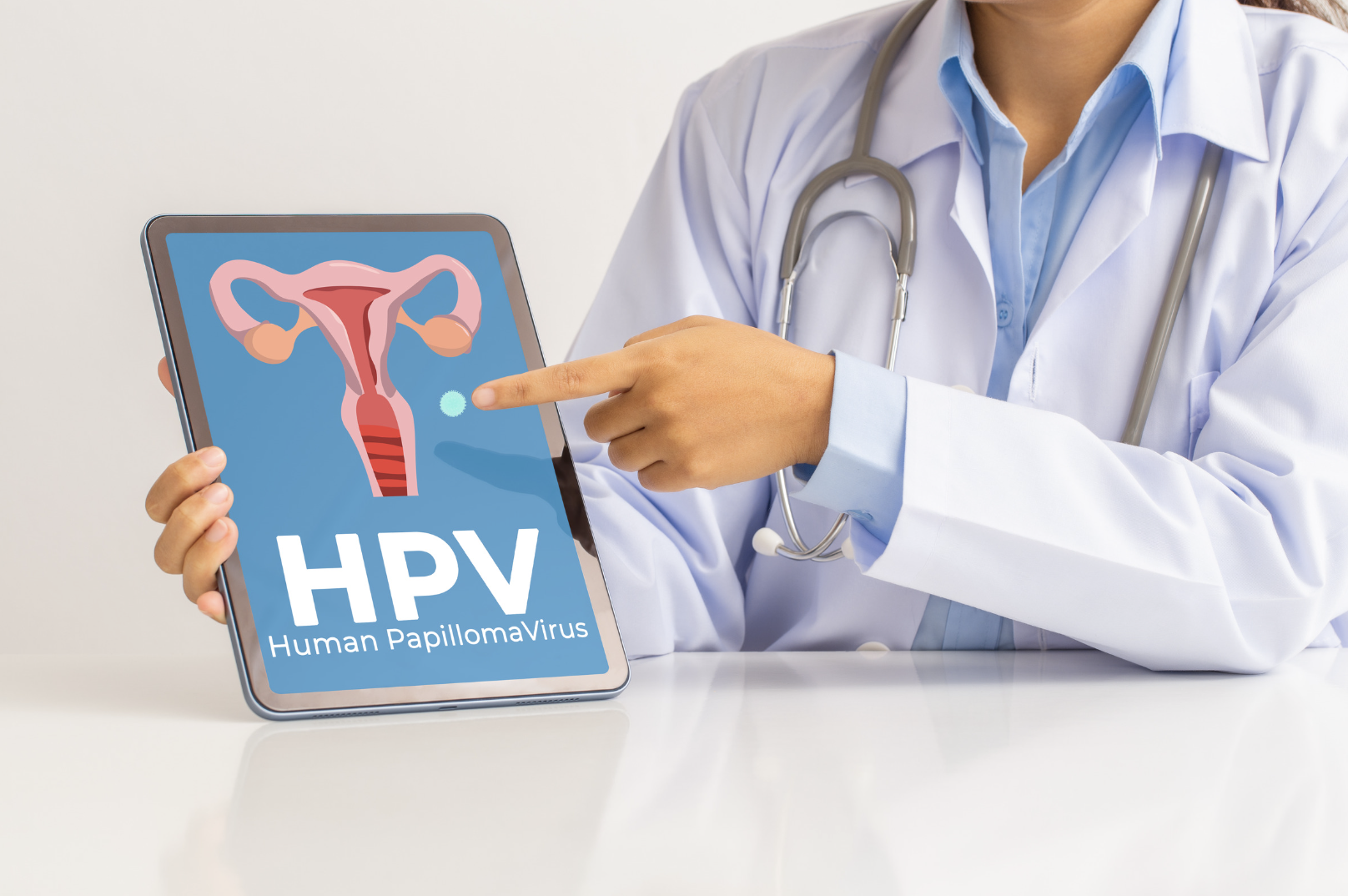Health Minister J P Nadda announced that the government is actively evaluating the launch of a nationwide HPV vaccination drive. The initiative, recommended by the National Immunisation Technical Advisory Group, faces a few logistical hurdles, yet remains a priority. States like Sikkim and Punjab have already commenced their own vaccination programmes, highlighting the importance of this initiative.
Logistical Challenges in Vaccine Rollout
During discussions in the Lok Sabha, the Health Minister addressed logistical concerns related to the HPV vaccination programme. A key issue lies in the vaccine dosage differences. The indigenous vaccine developed domestically requires two doses, whereas the vaccine supported by external agencies requires just one. These differences necessitate the establishment of a cohesive logistics system capable of managing both vaccine types.
Nadda pointed out that while certain states have independently launched HPV vaccination initiatives, the government is focused on creating a national programme that can be rolled out across the country, free of charge for every child. However, to achieve this, a robust cohort logistic system must be developed.
Screening and Treatment Progress
Despite these challenges, significant progress has been made in screening and treating women for cervical cancer. According to the Health Minister, a total of 6.17 million women have undergone screening. Out of these, 76,652 women were diagnosed with cervical cancer, and 67,424 of those diagnosed are currently receiving treatment at government facilities.
The government’s commitment to addressing cervical cancer through a national HPV vaccination drive underscores the importance of proactive health measures. Although challenges remain, the progress made by states like Sikkim and Punjab provides a roadmap for a broader rollout. The focus now lies in overcoming logistical barriers to ensure that every child in India has access to this life-saving vaccine.



